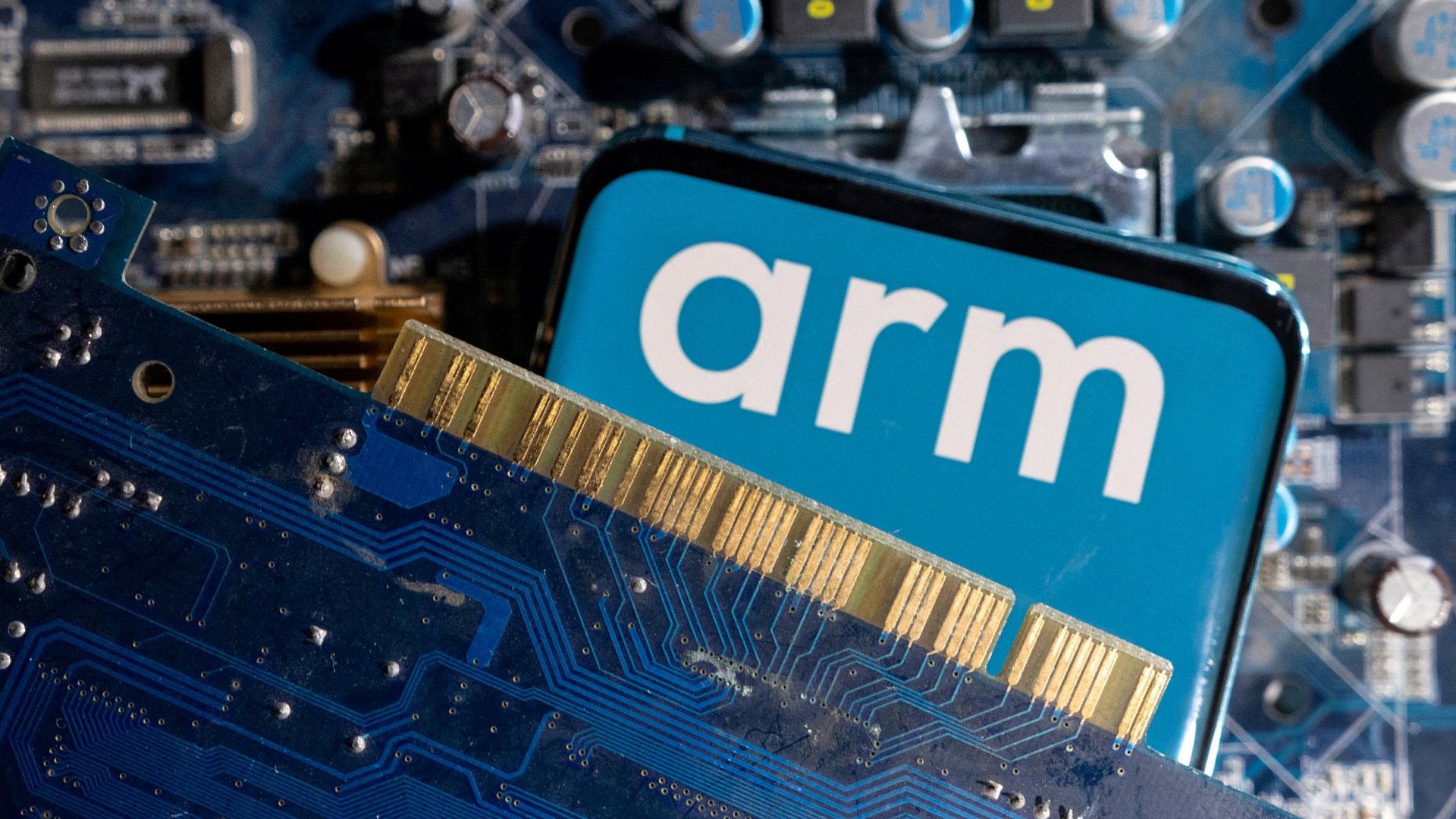AI goes from buzz to actually making money as it nears 'the end of the hype cycle'
Palantir and Arm have joined big tech companies like Microsoft in Amazon and showing that generative AI can actually boost revenue

In the slew of tech company earnings reports last week, companies such as Palantir and Arm pointed to how AI is increasing their revenue. And that made investors happy, with both stocks soaring after. After all, amid so much AI hype last year, Nvidia and Microsoft were the only companies that could show how AI was actually lifting revenue.
Suggested Reading
As generative AI technology continues to develop and works its way into a wide swath of tech companies this year, investors will be looking to differentiate between companies just telling a story about AI — as opposed to those actually seeing a financial impact, said Gil Luria, a senior software analyst at financial services firm DA Davidson.
Related Content
In 2023, a lot of companies got credit from investors for simply talking about AI. S&P500 companies citing AI on earnings calls also hit highs that year. But this year, investors will be increasingly pressuring companies to show how AI is actually affecting their financials.
Palantir and Arm show the way
Palantir stock surged 30% in one day last week after the data-management company said its generative AI product has been bringing in revenue and new customers. Demand for large-language models — the AI systems that power chatbots — from commercial businesses has been “unrelenting,” CEO Alex Karp told investors on an earnings call.
And Arm, a UK-based chips designer whose technology can be found in smartphones and PCs, said revenue is being boosted by long-term license agreements with tech companies using its most advanced CPUs to run AI products. Arm stock surged more than 55% Thursday following its quarterly earnings report.
Microsoft and Amazon have also pointed to how AI demand continues to drive up their cloud business revenue. Six percentage points of growth in Microsoft’s Azure business came from AI, which translates to billions of dollars, Luria said.
‘Towards the end of the hype cycle’
So far, only a handful of companies have seen the benefit of AI in their results this year.
“We’re gonna get past the hype cycle and into a more realistic perspective that distinguishes between a handful of companies that will benefit in the short term from AI and all the rest of the companies for whom it’ll change their business but won’t necessarily be a benefit,” Luria said.
The vast majority of tech companies won’t get an immediate benefit from generative AI. But the technology is expected to profoundly change business and work.
As generative AI tools mature and become more useful, the technology will make white-collar jobs more productive, Luria saod. AI tools are already helping people summarize and read content faster, as well as write code faster, and that’s likely only going to get better with time.
“It’s gonna make all [white-collar workers] more productive,” he said, “which should have a profound impact on the economy at large.”